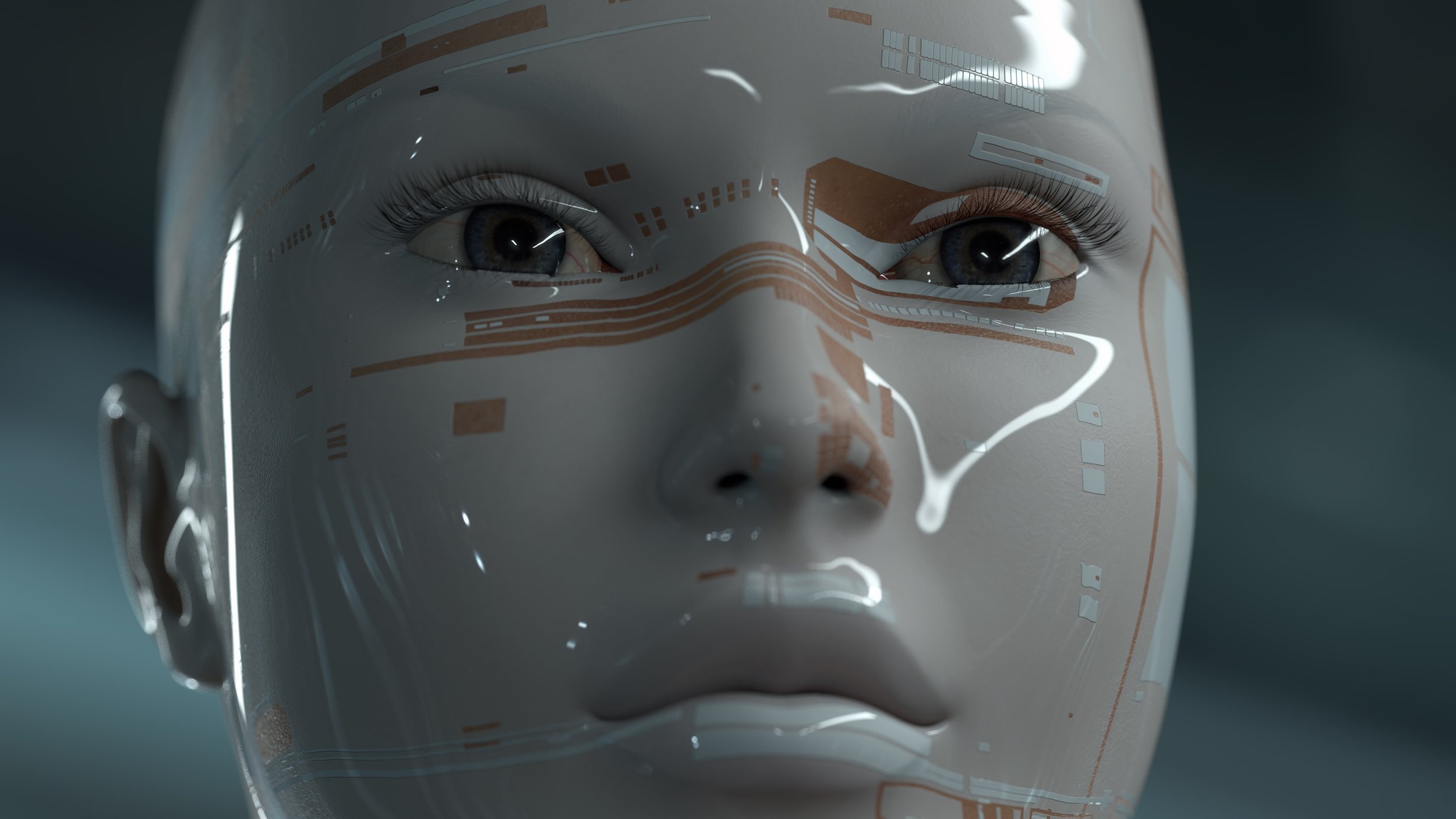My Internet is Not Your Internet
Our online experiences are becoming increasingly personalized, leading to a phenomenon where each person experiences the internet through unique and vastly different timelines, raising questions about the impact of such personalization on our understanding of the world and each other.
By Adam van Graan, Junior Writer, Rothko Brand Partners
In November 2023, eight years after deleting my old profile, I made a new Twitter account. The timing wasn’t great: the World’s Richest Man At The Time had acquired the application some months earlier, he’d changed the domain to X, and had committed a number of other blunders so bizarre that they are now all public knowledge.
It only took a couple days before Twitter became – if I wanted to be mentally sound – unusable. All the newspapers were saying that too. Everybody was talking about it. They said: ‘Twitter sucks.’ They said it so much that it felt like it was only on Twitter that the internet was really evil. What about Instagram? And Facebook? Aren’t things bad there too? Even YouTube – YouTube’s go to be evil. Twitter can’t be alone.
I picked up about two popular topics, plugged them into each site, and checked.
‘Ukraine’ on Twitter: Combat clips
Pretty standard pro-Ukraine posts. Pretty abominable anti-Ukraine posts. On Instagram: Ukrainian flags; someone impersonating Zielinsky’s wife. Conspiracies about Yevgeny Prozoghin’s death. YouTube: Just news.
Global warming on Twitter: Liberal lie to keep us indoors and eventually spread communism (serious). People celebrating climate change activists suffering at the hands of police. Instagram: That picture of the thin polar bear. A sign saying we’re all screwed. 35 hog farms closing due to a falling demand. YouTube: Videos about fires, but in the comments, people saying the wildfires were all started by arsonist migrants, and that this has nothing to do with climate change.
Ah. Well.
Even though I tried as hard as possible to manipulate the outcomes, it turned out that Twitter was not that much worse. But that it was even a little bit worse did sour it: Instagram and Facebook are already an extremely low bar.
But more concerning than the unpleasant content on the apps were the steps people must have taken in order to post that sort of content, to form those opinions. Call me old fashioned, but it used to be that a person’s life informed their opinions. Now a person’s internet was solely responsible for them. And because each person’s internet is so personalised, so ruthlessly personalised, so severed from another’s – it’s hard to grasp the world in which another person inhabits; our internets do not even any longer share a foundation. Then, it’s almost impossible to organically come across the content that might show us how someone got from opinion A to opinion Q.
Serious: One person sees a video of a fire and simply sees a fire. Another sees a fire and sees a lie. And when these people see each other, then they just think: ‘You are so crazy man. Stop.’
But: it’s not all bad!
Because, as these things go, when our internets are so different, it is often really meaningful when somebody’s internet is similar to yours. It’s nice when a few of your friends are all recommended the same video, especially if you know the sort of videos they had to watch in order to get that recommendation. You can almost reverse engineer people’s secrets.
And it’s also nice sending a picture to a friend and then they say ‘no way u just saw that on twitter,’ for the same reasons as above. It’s like being in the same neighbourhood and saying, ‘Hey did u just see that Cow run down the road.’ ‘Yup it’s outside my window.’
The neighbourhoodliness, though, obviously contributes to the severance: once you’re in, it’s comfy, and getting out is not so enticing. Plus, if you’ve tried getting out your internet before, you’ll know it’s a vertical experience. That’s why people are so often described as having ‘fallen down a rabbit hole’ when they start using 4chan. You’re not climbing a fence to get to another internet – you’re peeling a layer.
Now let’s not even talk about the algorithm, except for one thing. Do you remember the snake from the game ‘Snake’? The one where the snake eats things and grows huge then can’t eat any more so it eats its own tail. That’s also the internet. What do you do when your internet is achieved? Except look at the victory screen – all your interests and opinions reflected back at you, forever?
That game on Chrome that automatically appears when you have no WiFi – where you are a T-rex, just running and jumping over things – has to mean something, then. Did you know that that game goes on forever? It’s got to mean something, then, that at the time you’re unable to connect to the internet, you’re met with something everlasting. The browser itself even acknowledges it. And in fact, it is quite a boring game. I am often much happier when I just close it and do something else, like washing the dishes.



